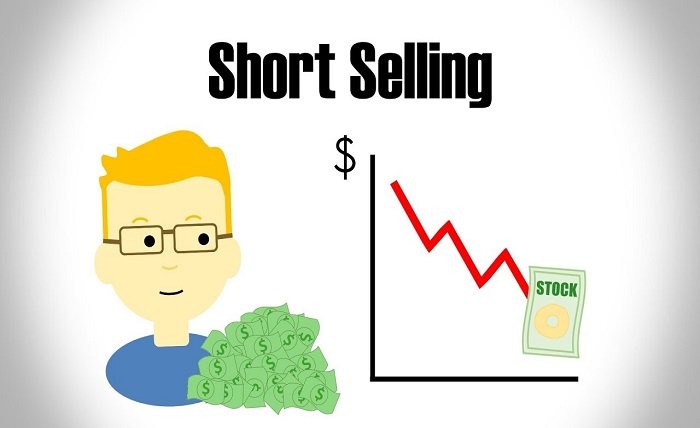Have you ever wondered how some investors make money even when the stock market is going down? It may seem counterintuitive, but there’s a strategy called “shorting a stock” or short selling that allows traders to profit from market declines. In this article, you will delve into the concept of short selling, exploring what it means, how it works, and the potential risks and rewards of this investment technique.
Understanding Shorting a Stock
Short selling is like flipping the traditional investment strategy on its head. When you buy a stock, you hope its value will rise so you can sell it at a profit. However, when you short a stock, you aim to profit from a decline in its price. It’s a way of betting against a company’s stock and capitalizing on its downward movement.
By short selling, you become a financial contrarian, going against the popular belief that a stock’s value will increase. Instead, you strategically position yourself to benefit from the pessimism surrounding the stock and turn it into a profitable opportunity.
How Does Shorting a Stock Work?
To understand how short selling works, let’s consider an analogy. Imagine you borrow a friend’s bicycle, sell it at its current market price, and plan to buy it back later at a lower price to return it to your friend. In the stock market, this process is similar. You borrow shares from a broker, sell them at the current market price, and aim to repurchase them later at a lower price to return to the broker. The difference between the selling price and the buying price becomes your profit.
Potential Risks and Rewards
Short selling can be a lucrative strategy, but it’s essential to recognize the potential risks involved. Just as the profits can be significant, losses can also be substantial. When you buy a stock, the maximum you can lose is the invested amount. However, when you short a stock, the losses can be infinite, as there’s no upper limit to how high the stock price can go.
On the flip side, successfully short-selling during a market decline can lead to substantial gains. If you have carefully analyzed the market trends, studied the company’s financials, and made a well-informed bet, you could potentially reap significant profits as the stock price falls.
SoFi experts state, “Some traders might also do short selling to hedge their portfolios.”
Factors to Consider Before Shorting a Stock
Before you embark on short selling, it’s crucial to consider a few key factors. Firstly, thorough research and analysis are paramount. Understanding the company’s financial health, industry trends, and market sentiment can help you make an informed decision. Additionally, monitoring your position closely and setting clear stop-loss orders is essential to manage potential losses effectively.
Another factor to consider is timing. Short selling requires careful timing as markets can be unpredictable. Identifying the right entry and exit points can significantly impact your profitability. It’s important to stay updated with market news, economic indicators, and any other relevant information that could influence the stock’s performance.
Short selling is a unique investment strategy that allows traders to profit from market declines. Investors can generate profits as the stock value falls by borrowing, selling, and repurchasing them at a lower price. However, it’s important to remember the potential risks involved, including the possibility of unlimited losses.
Thorough research, careful analysis, and timing are crucial elements in successful short-selling. So, if you’re considering this strategy, equip yourself with the necessary knowledge and seek advice from financial professionals to maximize your chances of success in this complex investment technique.
Discover everything about 9xflix com a popular site for streaming and downloading movies, TV shows, and more. Learn about its features, risks, and alternatives.

